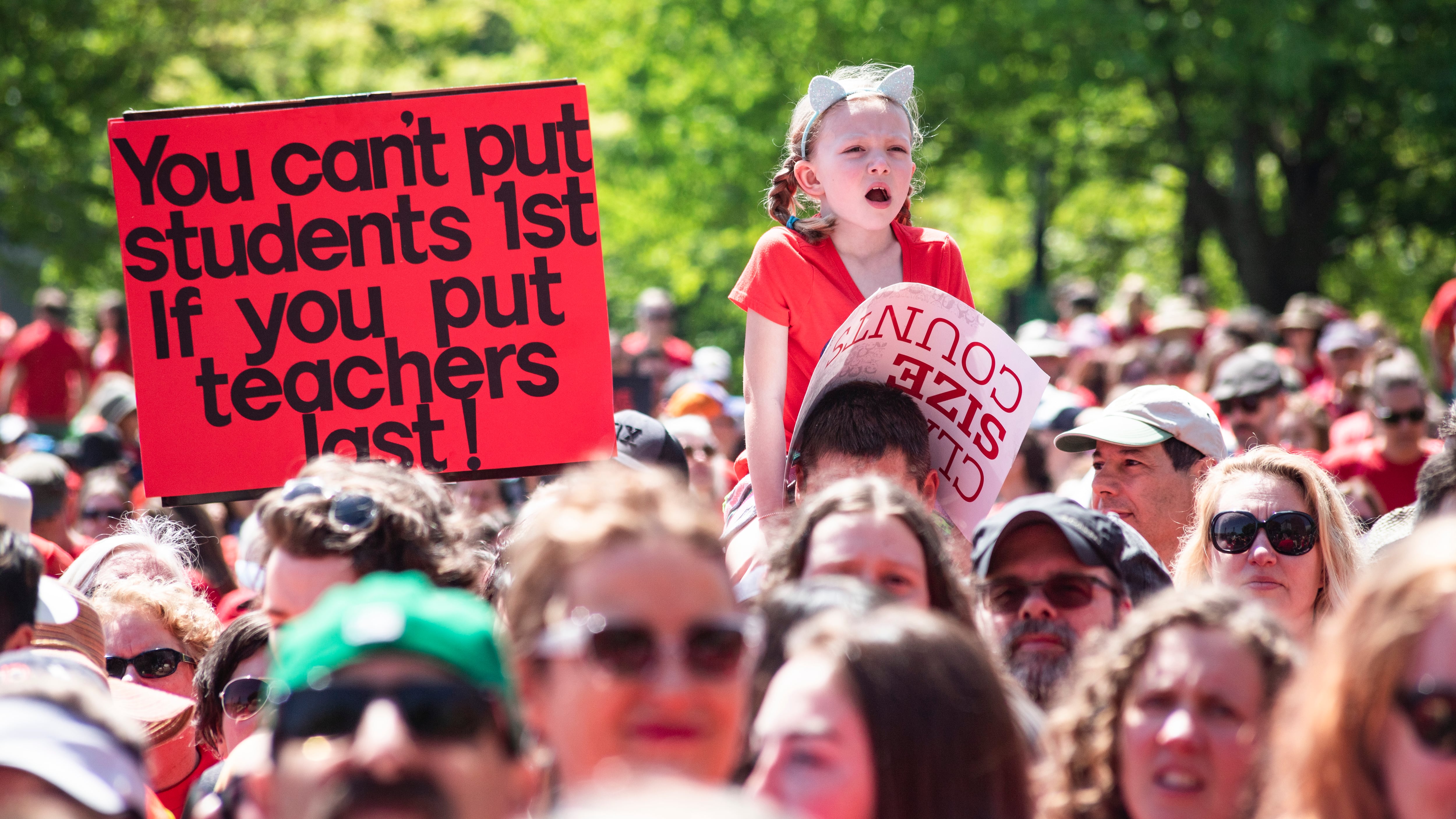Turnout for the May 21 election crawled over 5 percent on May 10, seven days after county elections offices began accepting ballots.
Close followers of elections will note that the turnout percentage is a somewhat misleading figure, because Oregon's new motor voter law, which automatically registers people who renew or obtain new drivers' licenses has swelled the overall number of voters.
There are currently 2.78 million registered voters in Oregon, according to secretary of state statistics. That's an increase of about 600,000 from four years ago. Voters who are registered automatically vote at a much lower rate than those who register out of their own initiative.
But no matter how you view turnout so far, it's paltry.
Put another way, there are 94,000 more registered voters in Multnomah County today than there were four years ago, but the county elections office has received fewer ballots after seven days of collecting than it had four years ago.
Perhaps that's because voters are preoccupied with the wonderful weather or Blazers' playoff drama or because there's no high-profile initiative or race on the May ballot, which is mostly for education -related contests. (In 2015, final turnout in the May election was 17.6 percent. That year featured the most expensive Portland Public Schools' board race in history as challenger Amy Kohnstamm defeated incumbent Bobbi Regan.)
But even if voters don't have kids, like kids or think they care about K-12 education, they have a big stake in the May 21 elections for school boards, education service districts and community college boards.
K-12 education accounts for the biggest slice of state spending—about 40 percent of the general fund budget—and that slice is due to grow as lawmakers are in the process of adding another $1 billion a year to the education pie, as soon as Senate Republicans show up for a floor vote.
Here are our endorsements for the May ballot. We hope you'll dust off your ballot.

